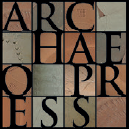This volume brings together the proceedings of four study days of the ‘Clay’ Collective Program (2018-2020) on the theme of ‘studying materiality’. The study of this polymorphic material has focused on four complementary areas: physical properties, construction, artefacts and texts relating to clay.
Argiles. De la physique du matériau à l’expérimentation brings together the proceedings of four study days of the ‘Clay’ Collective Program (2018-2020) of the CNRS Joint Research Unit, Archaeology and Sciences of Antiquity (UMR 7041 - ArScAn, Nanterre), on the theme of ‘studying materiality’. The study of this polymorphic material has focused on four complementary areas: physical properties, construction, artefacts and texts relating to clay. As a forum for cross-disciplinary exchange, the meetings and then the volume itself form and opportunity to share the continuities, specifics, technical and cultural convergences or divergences of working with clay. The three parts correspond to the themes covered during these days:
I. Formation, structure, characterization, definitions of a material deals with the physics of clays, the geomorphology of clay landscapes, clay construction, the restoration of architectural remains, cuneiform tablets and clay objects, and finally mentions of clay in Mesopotamian texts, Linear B and Egyptian hieroglyphs.
II. Uses of clays and clay soils: from ‘unfired’ to ‘fired’ is devoted to these two states of clay: ‘unfired’ clay is explored through the geomorphology of the ‘clay country’ that is Mesopotamia, and earthen architecture from Cyprus to Western Europe, from the Neolithic to Roman times is investigated; ‘fired’ clay focuses on bricks and ceramics, which illustrate the transition between the two states, then on ovens and cooking devices, and the possible connections between Mesopotamian texts, the archaeology of the ancient Near East and experimentation.
III. Reproduction in clay: reconstruction, protocol, experimentation retraces several experimental approaches around ceramics and construction in the Near Eastern, Minoan, Egyptian and Western worlds.
Overall the book brings together 28 contributors, including university teachers, researchers, engineers, doctoral and post-doctoral students, attached to several teams of the Argiles unit as well as other laboratories and institutes in France and abroad. Each has enriched, through their specialism, their knowledge or their individual experience, an aspect of or an approach to clay and clay soils.
En français
Cet ouvrage rassemble les Actes de quatre journées d’études du Programme Collectif « Argiles » (2018-2020) de l’Unité mixte de recherche du CNRS, Archéologies et sciences de l’Antiquité (UMR 7041 - ArScAn, Nanterre), dans l’axe « Étudier la matérialité ».
L’étude de ce matériau polymorphe s’est orientée vers quatre axes complémentaires : la physique du matériau, la construction, les artefacts et les textes se rapportant à l’argile. Espaces d’échange pluridisciplinaires et transversaux, les rencontres puis l’ouvrage lui-même ont été l’occasion de partager les constantes, spécificités, convergences ou divergences techniques et culturelles liées au travail de l’argile.
Les trois parties correspondent aux thématiques abordées lors de ces journées :
I. Formation, structure, caractérisation, définitions d’un matériau aborde la physique des argiles, la géomorphologie des paysages d’argiles, la construction en terre, la restauration des vestiges architecturaux, tablettes cunéiformes et objets en terre crue, et enfin l’argile évoquée dans les textes mésopotamiens, les textes en linéaire B mycéniens et enfin des textes hiéroglyphiques égyptiens.
II. Usages des argiles et terres argileuses : du « cru » au « cuit » consacre chaque partie à ces deux états de l’argile : « crue », elle est déclinée à travers la géomorphologie de ce « pays d’argile » qu’est la Mésopotamie, l’architecture en terre de Chypre à l’Europe occidentale, du Néolithique à l’époque romaine ; « cuite », elle se rapporte aux briques et céramiques, qui illustrent le passage entre les deux états, puis aux fours et dispositifs de cuisson, à travers les connexions possibles entre les textes mésopotamiens, l’archéologie de l’Orient ancien et l’expérimentation.
III. Reproduire dans l’argile : reconstitution, protocole, expérimentation retrace plusieurs démarches expérimentales autour de la céramique et de la construction dans les mondes orientaux, minoens, égyptiens et occidentaux.
L’ouvrage a rassemblé 28 contributeurs, enseignants universitaires, chercheurs, ingénieurs, doctorants et post-doctorants, rattachés à plusieurs équipes de cette unité ainsi que d’autres laboratoires et instituts en France et à l’étranger. Chacun a enrichi, par sa spécialité, ses connaissances ou son expérience individuelle, un axe ou un angle de vue sur l’argile et les terres argileuses.

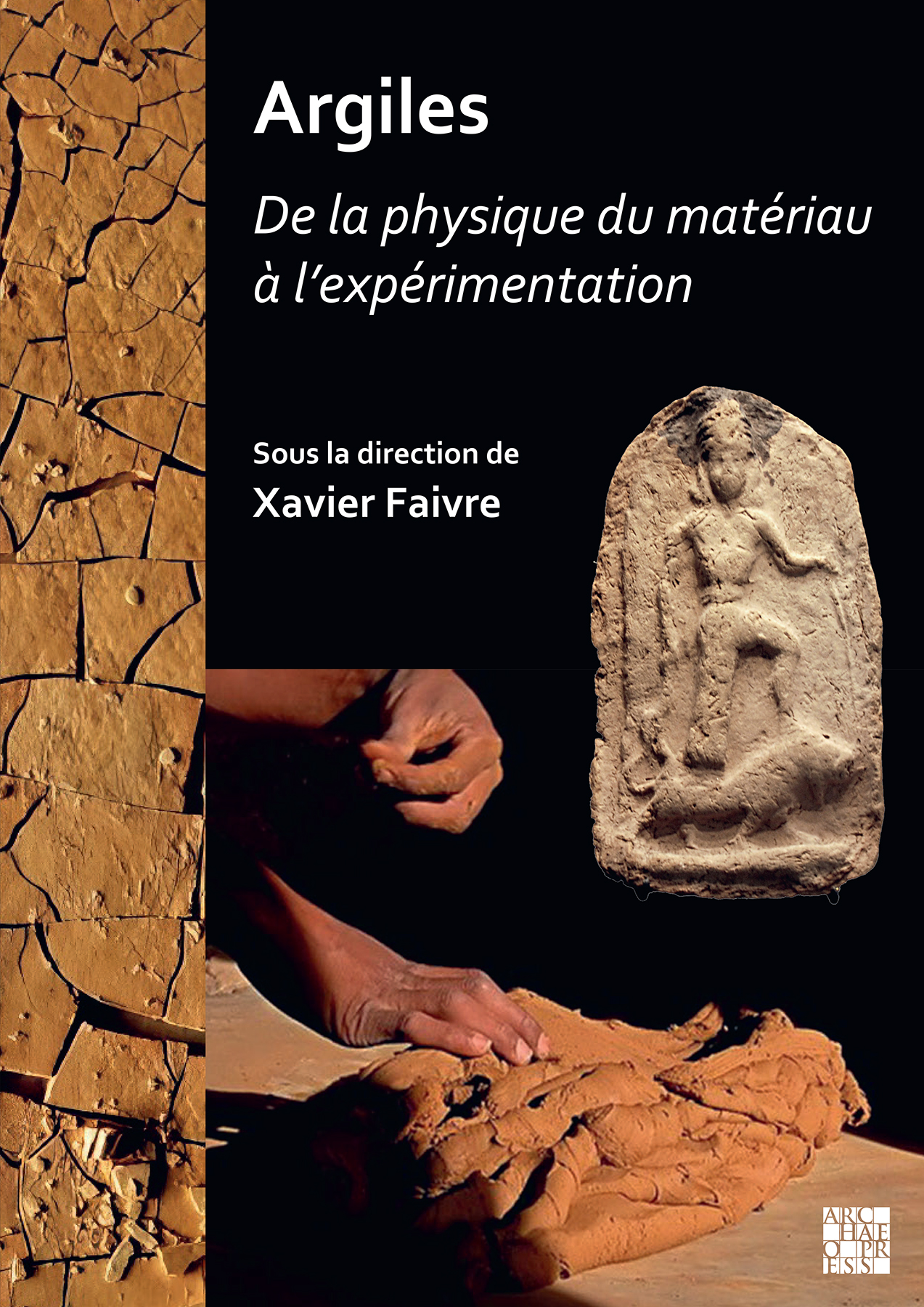
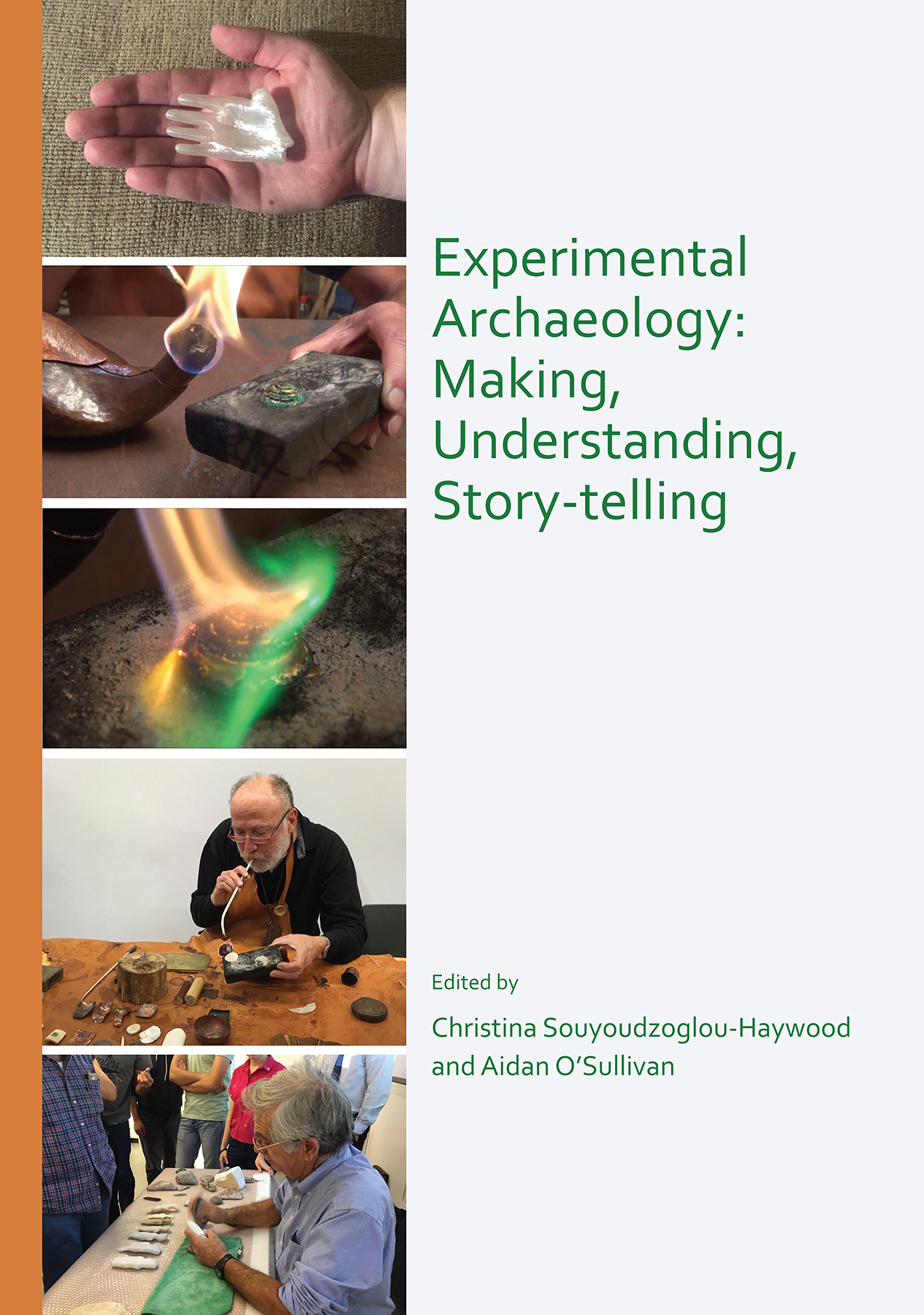
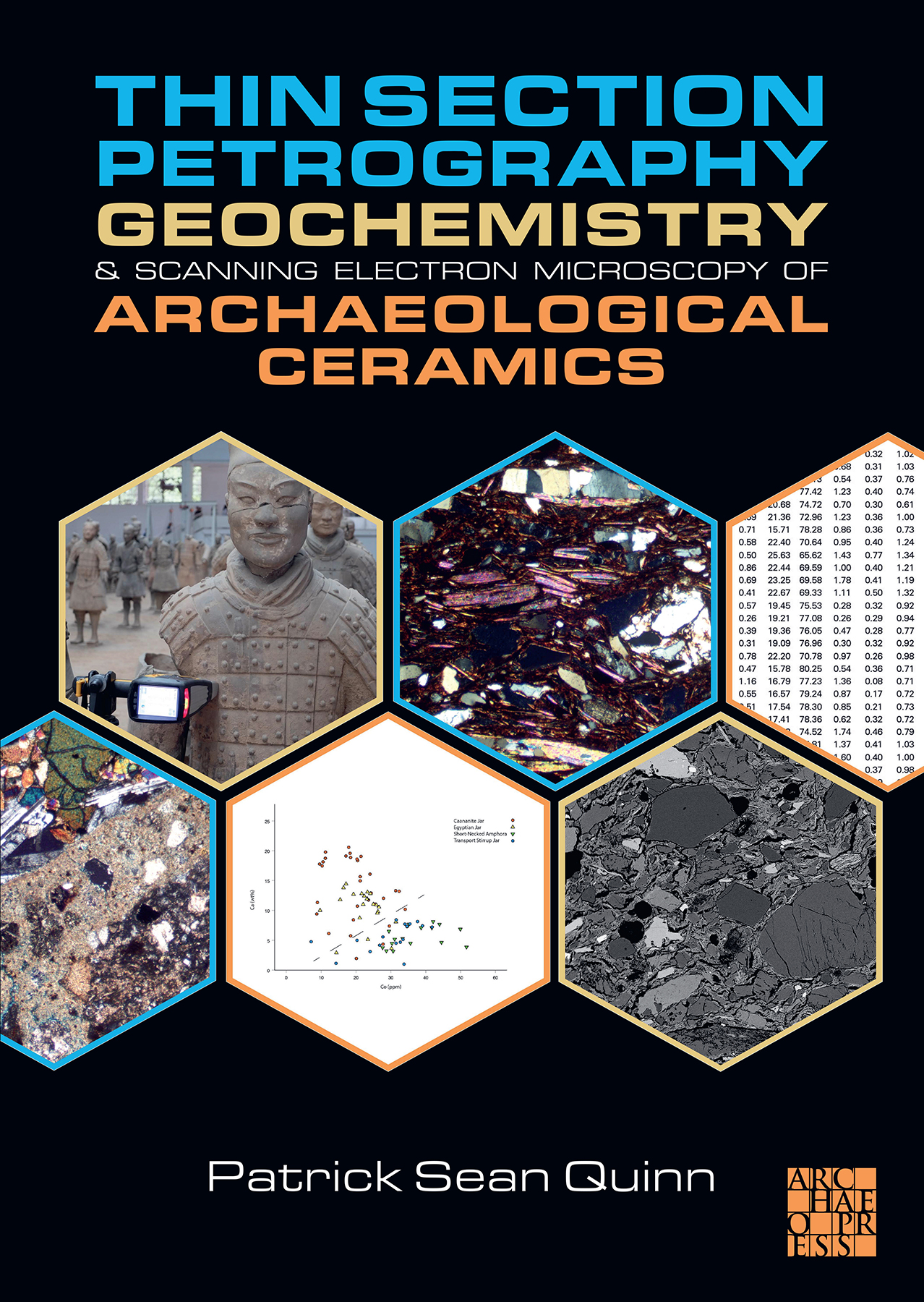
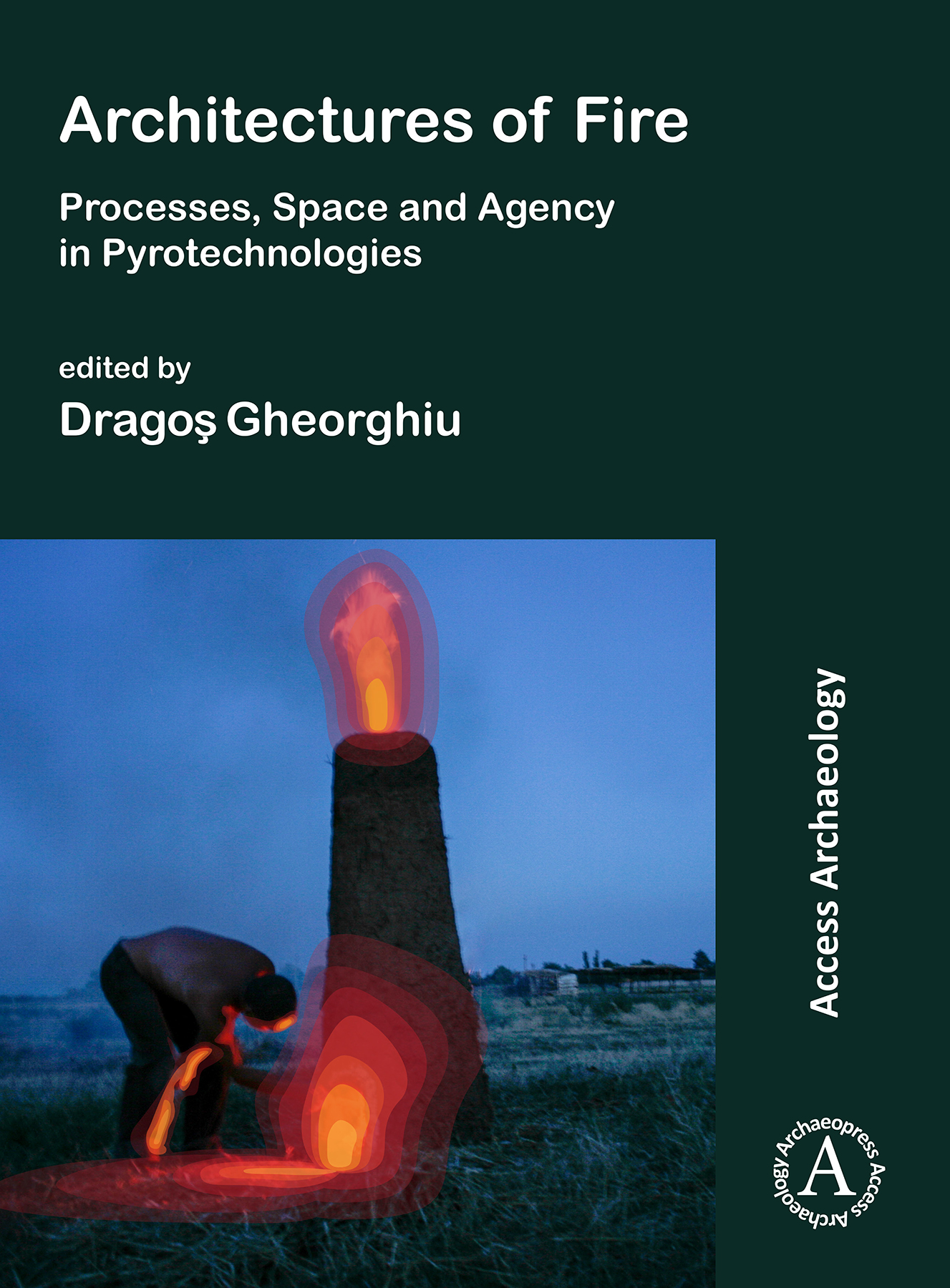


 Add to wishlist
Add to wishlist